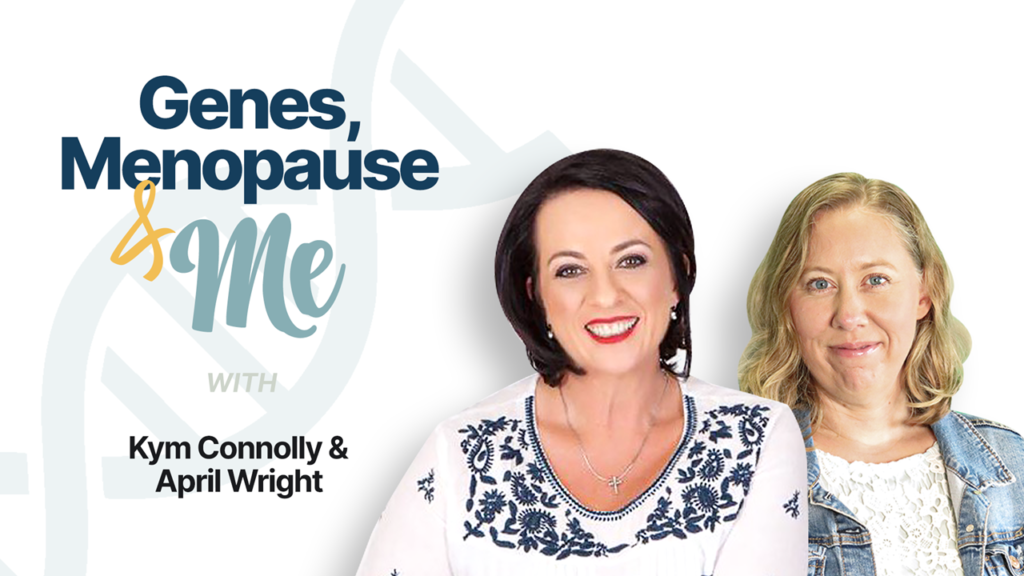
A new online program featuring genetic testing is providing women with more insight into their health to support them through the major changes that come with menopause.
Genes, Menopause and Me has been created by local dietitian and epigenetic coach Kym Connolly with the help of digital content producer April Wright, giving women in the region a tailored plan to provide support and information about menopause symptoms.
“We help women suffering from menopause symptoms to build a personalised health strategy based on their genes to regain control of their health and body through an online membership program called Genes, Menopause and Me,” Kym said.
“We wanted to combine the very specific answers you get from knowing your genetics (like what the perfect diet is for your unique body) with the very real issues that come up with menopause symptoms and adjusting to the changes in a woman’s body to help women like us regain control of their bodies and health.”
Epigenetics is the study of how your behaviours and environment can cause changes that affect the way your genes work.
There are only a few epigenetic coaches in Australia like Kym, and Bundaberg gets just one.
“One of the reasons I went into this field is because as a dietitian, I found no one diet is perfect for everyone,” she said.

“But if you do a genetic test, you get real answers instead of trial and error.”
Kym said genetic testing was a key factor in the Genes, Menopause and Me and integral in helping to educate those over 40 about the personal changes that happen with menopause and health in general.
“One of the aspects of this business is that people can take a genetic test that will show where they need nutritional support, what the best diet is for them, genetics around sleep, hormones and athletic performance,” she said.
“But everyone is unique! So we help women uncover their genetics – either by ‘detective work’ or by doing a genetic test, and then using that information to become aware of problem areas and be armed with a personalised health strategy going forward.”
Every women has a different menopause journey
Kym said the study of menopause was an intricate web of detail, with each person’s health profile drastically different from the next.
“There are 48 symptoms and most women are probably only aware of two or three,” she said.
“Because every woman’s body is unique, it is hard for scientists to study menopause so there aren’t very many science based answers on menopause.”
Kym added this was what caused a level of confusion surrounding the subject.
“For example, peri menopause (the transition that precedes meno by 10-12 years) is where many symptoms are experienced,” she said.
“Women can experience these and get concerned when it may just be shifts in hormones.”
April added the lack of study efforts and information had created a stigma about menopause, which was often seen as a “taboo subject”.
“Lack of education and research in this area has led to it not being openly discussed, studied and actions identified to better prepare women for menopause,” she said.
“That’s why this program is so beneficial, because it gets women talking about their health, their bodies and how Kym can use information about their genes to help them feel their best.”
More information about Genes, Menopause and Me can be found via the website or Facebook page.
Other business stories: Brave Collective offers women safe, supportive space




